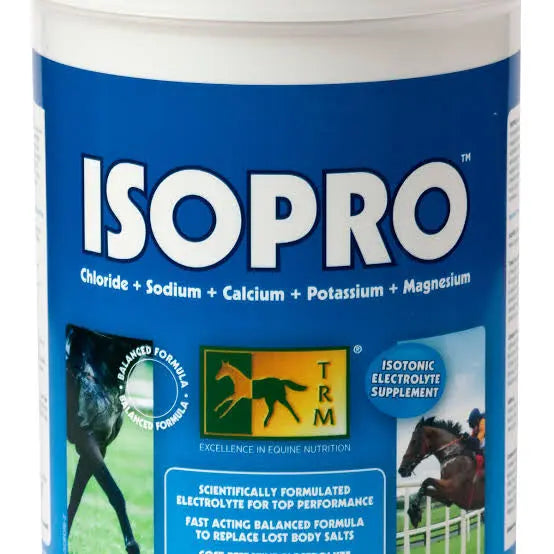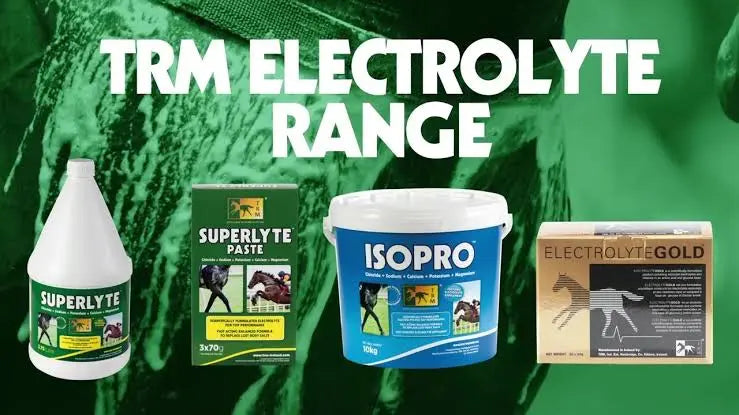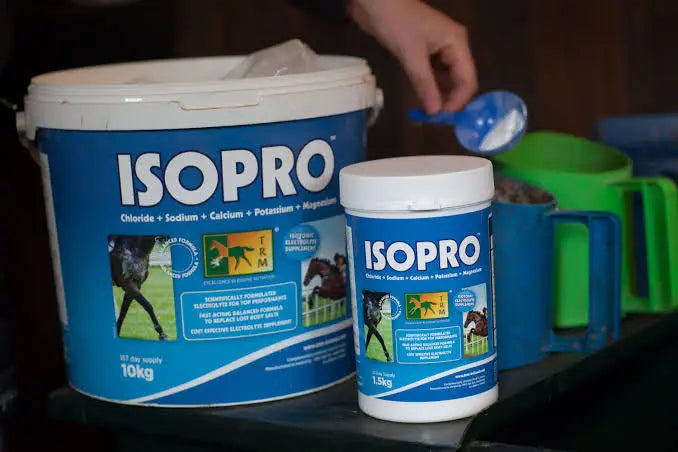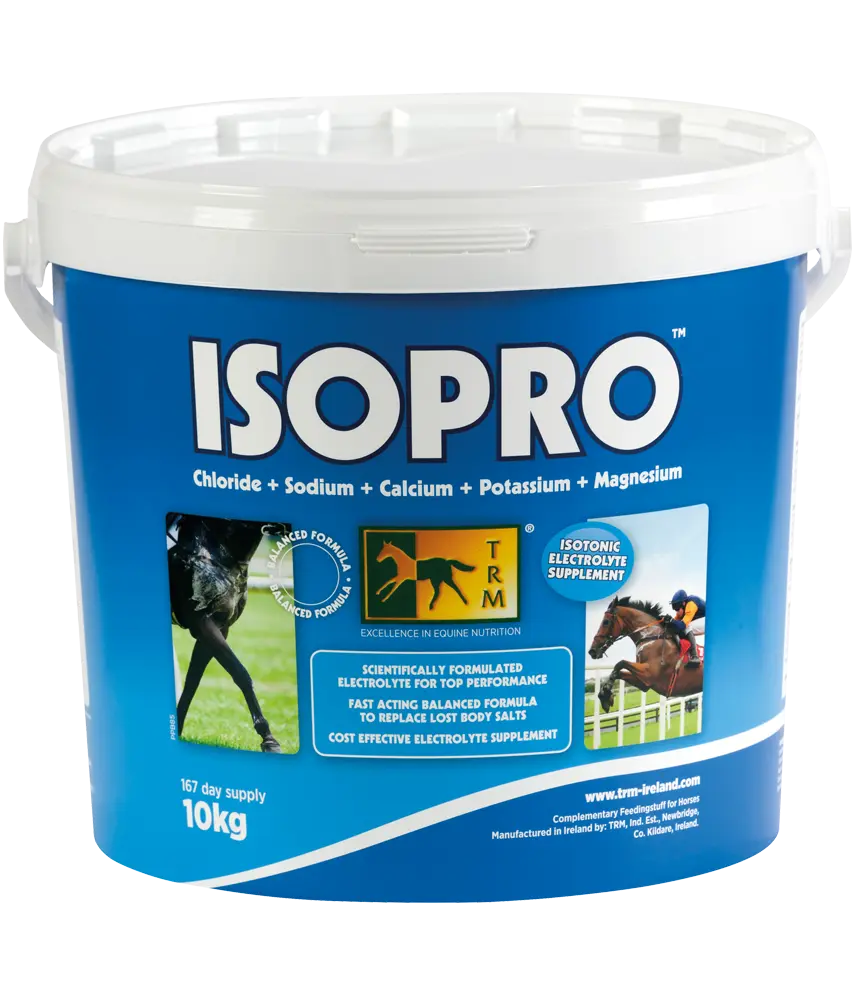Managing Heat Cycles in Mares: A Game-Changer - TRM HORMONE BALANCER

It’s the day before a big competition. You arrive at the stable, expecting your mare to be in top form. Instead, she’s restless, whinnying constantly, swishing her tail, and ignoring your cues. Under saddle, she’s tense and distracted, reacting unpredictably to even the slightest leg pressure. You check her over—no signs of injury. Then it clicks: she’s in heat.
Hormonal fluctuations can significantly impact the performance, training consistency, and overall well-being of mares in equestrian sports. However, scientific research suggests that not all behavioural changes in mares are solely due to their estrous cycle. While some mares exhibit noticeable mood swings and physical discomfort, others remain relatively unaffected. In fact, studies indicate that only around 10% of moody behavior in mares is directly linked to hormonal fluctuations. Other factors, such as pain, saddle fit, and environmental stressors, can also play a role.
Understanding Heat Stress in Mares
Heat cycles in mares typically occur every 21 days during the breeding season, with each cycle lasting around 5–7 days. Some mares handle these fluctuations with minimal changes, while others become erratic, overly sensitive, or resistant to training. Common signs of heat stress include:
✔ Increased sensitivity and reactivity
✔ Restlessness and difficulty concentrating during training
✔ Stiffness or discomfort affecting movement and performance
✔ Aggressiveness towards other horses or handlers
✔ Strong herd attachment and frequent whinnying
While these signs may seem like behavioural issues, they often stem from physiological changes. Increased blood flow to the reproductive organs, fluid retention, and heightened sensitivity can make movement uncomfortable. Additionally, mares in heat may form strong bonds with certain horses, leading to herd-bound behaviour that disrupts training.
Myths vs. Reality: Understanding Your Mare’s Behavior
🔹 Myth: All mares become difficult in heat.
Reality: Some mares show minimal to no changes during their cycle. If your mare consistently struggles during heat, tracking her behaviour and consulting with a vet can help identify whether hormones are the true cause or if there’s an underlying issue.
🔹 Myth: Heat-related moodiness is just bad temperament.
Reality: Hormonal fluctuations can cause genuine discomfort, leading to reactions that are often mistaken for attitude problems. Recognizing this helps riders approach the issue with patience rather than frustration.
🔹 Myth: Nothing can be done to help mares during heat.
Reality: Proper management, including nutritional support, training adjustments, and veterinary guidance, can significantly reduce the impact of heat stress.
Support Your Mare with TRM HORMONE BALANCER
To provide mares with the best possible care, TRM HORMONE BALANCER has been scientifically formulated to support hormonal stability, reduce stress, and enhance focus. Designed specifically for performance mares in show jumping and dressage, this liquid supplement ensures they remain relaxed, trainable, and competition-ready. By addressing hormonal fluctuations naturally, TRM HORMONE BALANCER helps maintain a happy, comfortable, and high-performing horse throughout the season.
Key Nutrients for Hormonal Balance & Stress Reduction
To maintain a calm and well-balanced mare, nutritional support plays a vital role. Certain ingredients have been found to help regulate hormones and ease the symptoms associated with heat stress:
🔹 Magnesium Chloride – A key mineral known for its ability to relax muscles and reduce nervous tension, essential for keeping a mare calm and comfortable.
🔹 Chaste Berry (Vitex Agnus-Castus) – A widely recognized natural hormone regulator that supports reproductive health and stabilizes mood swings by influencing dopamine levels.
🔹 Vitamin B6 & L-Tryptophan – Work together to support the nervous system, enhance serotonin production, and encourage relaxation without sedation.
🔹 Vitamin D3 & Calcium Gluconate – Important for maintaining muscle function, bone health, and overall mobility, particularly in high-impact sports.
🔹 Arctostaphylos Uva Ursi – A plant extract known for its benefits in supporting urinary tract health and reducing fluid retention, which can sometimes be linked to hormonal fluctuations.
Invest in your mare’s well-being—because a balanced horse is a winning horse!




